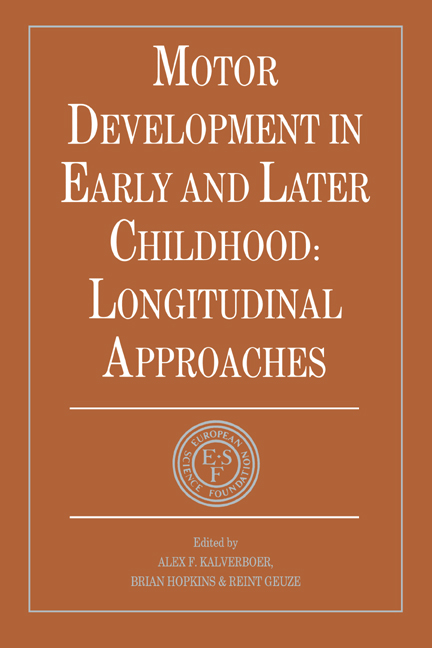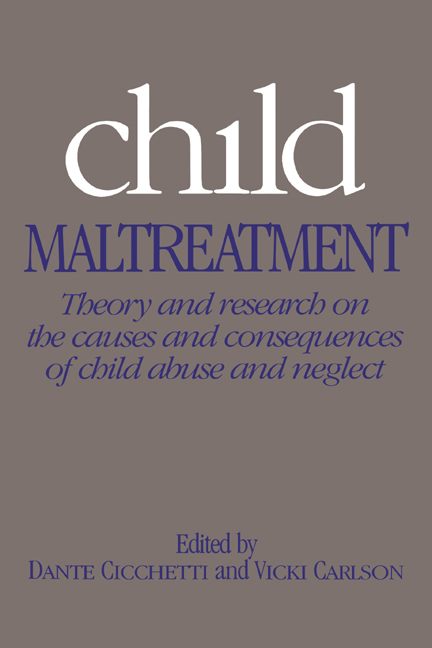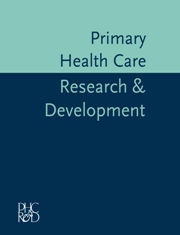Chronic Childhood Disease
The author draws extensively on the published research findings in child health psychology, and also on her own experience of working with paediatric medical and nursing staff. The emphasis throughout her book is on coping, and helping families to cope, with the stresses imposed by chronic childhood illness. Frequent hospital admissions, pain and its evaluation and control, adjustment and sources of support, communication, education and programmes for intervention, all of these topics are discussed sensitively and with authority.
Reviews & endorsements
"...a useful contribution to classroom, clinic, and laboratory for students and researchers. Its selective development of ideas more than compensates for its slightly pedantic tone. It is challenging and rewarding." James E. Lindemann, Contemporary Psychology
"...a valuable resource for the pediatric nephrology nursing practitioner." Cyrena Gilman, ANNA Journal
Product details
September 1990Paperback
9780521386821
188 pages
216 × 138 × 17 mm
0.276kg
Available
Table of Contents
- 1. Psychological perspectives in chronic childhood disease
- 2. Admission to hospital
- 3. The nature of pain
- 4. Adjustment in the child with chronic disease
- 5. Adjustment in the family
- 6. Communication and education
- 7. Intervention programmes
- 8. Coping with chronic disease
- 9. Future directions.









